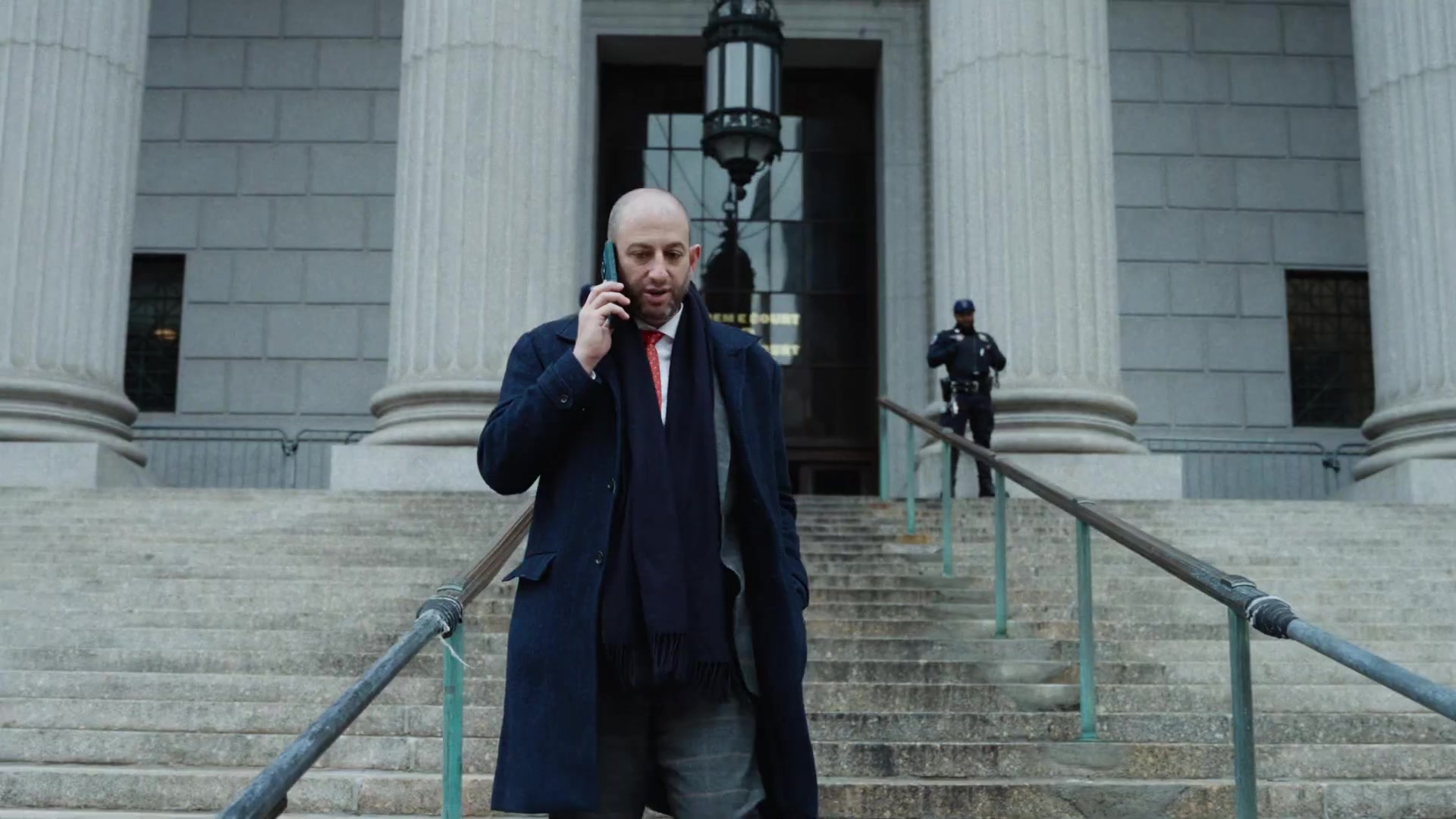How Immunity Works in Federal Criminal Cases
In federal criminal crimes, there is often the option of immunity given to a person involved who has information that can be crucial to investigators in the case. When a person is granted immunity, it means the prosecutor agrees to drop the charges against them in exchange for their testimony against another person involved in the crime.Types of Immunity Offered in Federal Criminal Cases
In general, there are three chief types of immunity that a prosecutor's office can offer to people who have been involved in federal criminal cases. They include the following:Proffer Letter Immunity
Proffer immunity is the type of immunity that a prosecutor can offer to a person that essentially gives them a free pass. The individual comes in and tells the prosecutor about each party's involvement in the crime and the prosecution does not charge the person.Letter Immunity
15,000+
Federal Cases Filed Annually
90%
Plea Before Trial
Statutory Immunity
Statutory immunity is a type of immunity that can be granted to a person after they have given testimony in a federal criminal case and the federal district judge has reviewed that testimony. Generally speaking, the individual has a valid right to plead the fifth using the Fifth Amendment against self-incrimination.Strength and Limitations of Each Immunity Type
It is important to know that proffer letter immunity is the weakest type of immunity a person can be granted. Overall, there is little protection for a person when it comes to criminal charges connected to the crime for which the individual provides information to the prosecution. On the other hand, letter immunity and statutory immunity provide more protection against possible prosecution for the present or future. In addition, there may be a catch when a person is granted immunity for a federal crime. If the individual decides later that they don't want to testify and refuses to do so, they can be held in contempt of court and receive jail time and fines. In this scenario, a person may no longer be safe against prosecution. At the same time, if a person has been granted immunity, the prosecution may eventually look to indict them, but they would have to show that their case is based on evidence that has nothing to do with their immunity testimony.Raising the Immunity Defense
A person who is serving as a witness and has been granted immunity by the prosecution in a federal case is required to provide evidence that they were given immunity and that their testimony is directly related to the present charges. Once they have done that, the government has the burden of proof. Prosecutors have to show that any evidence they are using in the case comes from an independent source. In other words, there must also be additional evidence from the immunized testimony to prove the case. If a judge decides that the prosecution has used immunized testimony in an improper manner, that testimony will be blocked at trial. When there is no independent evidence separate from the immunized testimony, the court may also dismiss the case.Waiving Immunity

Defense Team Spotlight
Todd Spodek
Lead Attorney & Founder
Featured on Netflix’s “Inventing Anna,” Todd brings decades of experience defending clients in complex criminal cases.
Making an Informed Decision About Immunity
Federal criminal cases are always serious. A person who has been arrested and charged with such a crime should seriously consider accepting immunity if it is offered to them. Speaking with an experienced attorney can help a person to make a more informed decision.Frequently Asked Questions
No. You have the right to remain silent and the right to an attorney. Invoke both rights immediately and contact Spodek Law Group.
Every case is different. We offer free initial consultations to evaluate your case and discuss our fee structure.
An arraignment is your first court appearance where charges are formally read. You enter a plea and bail may be set. Having an attorney present is critical.








